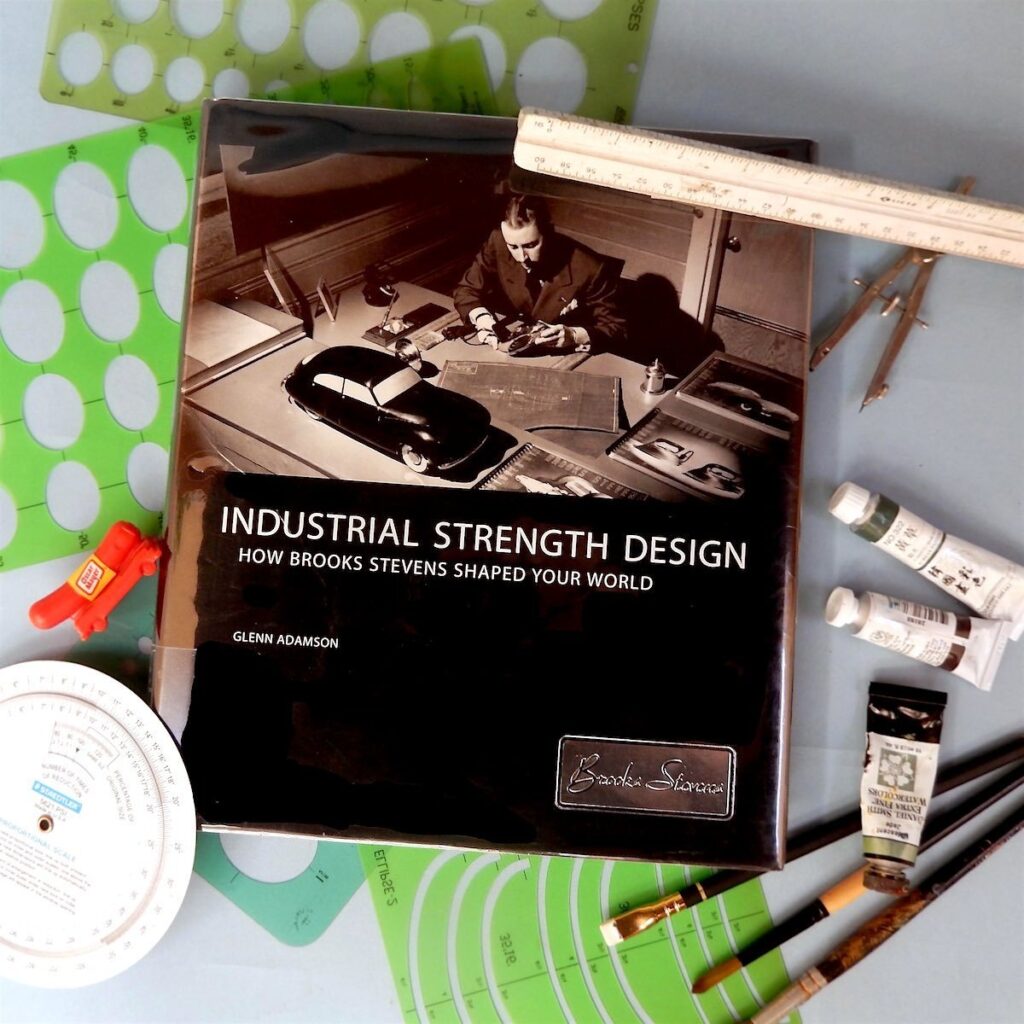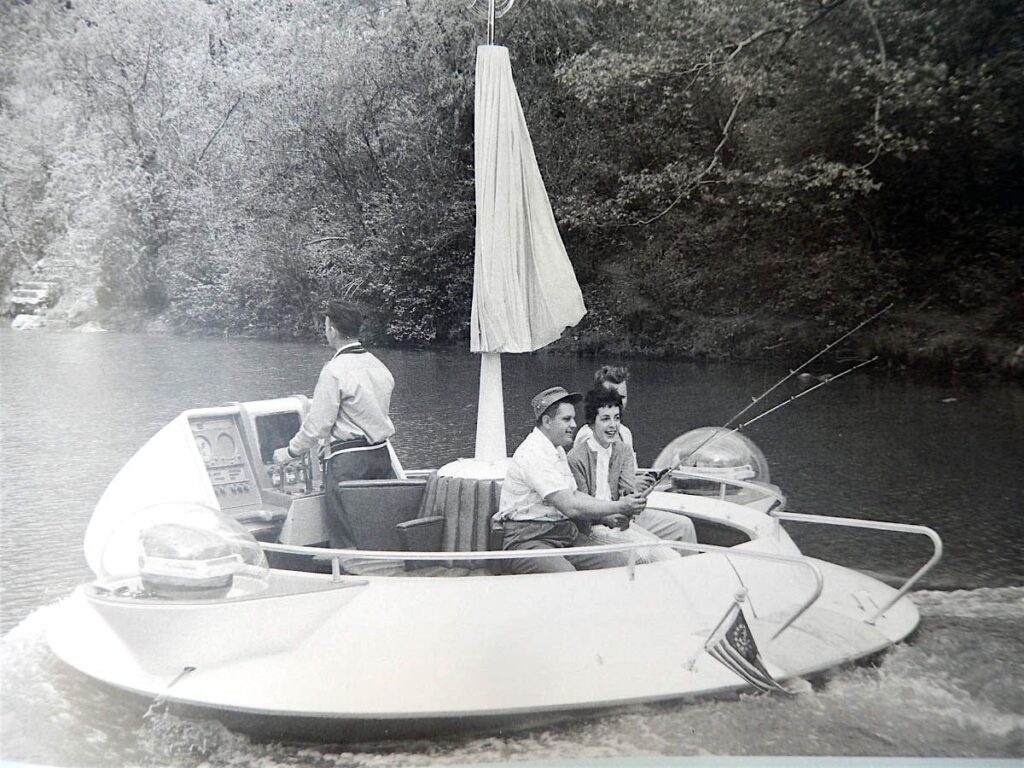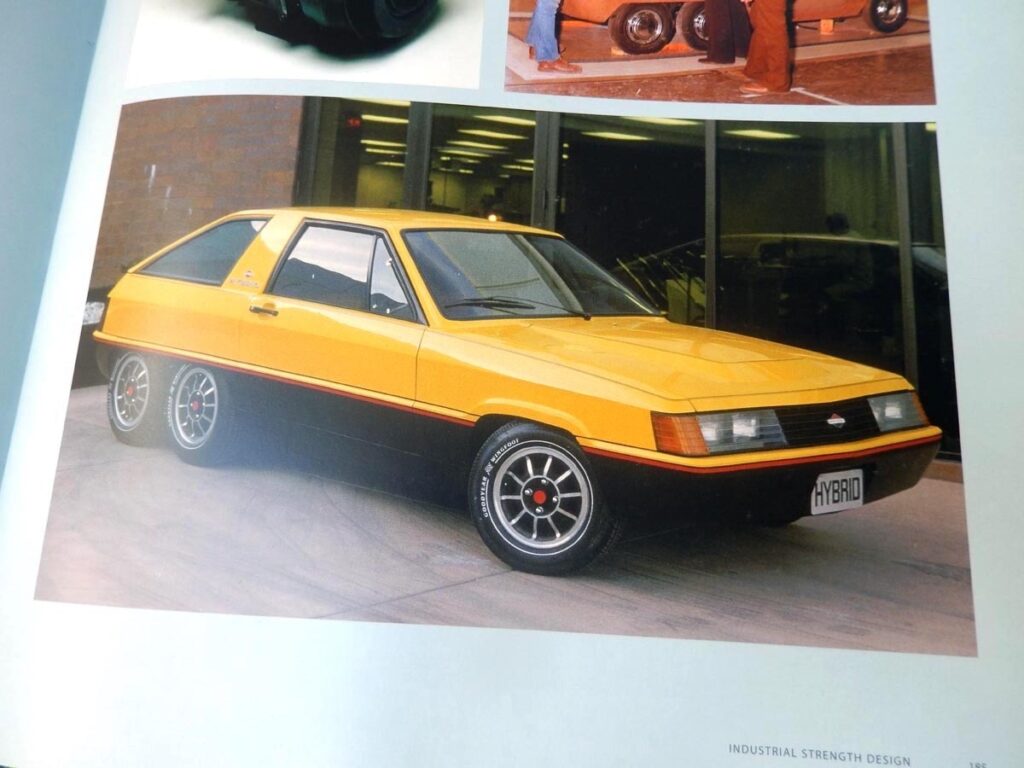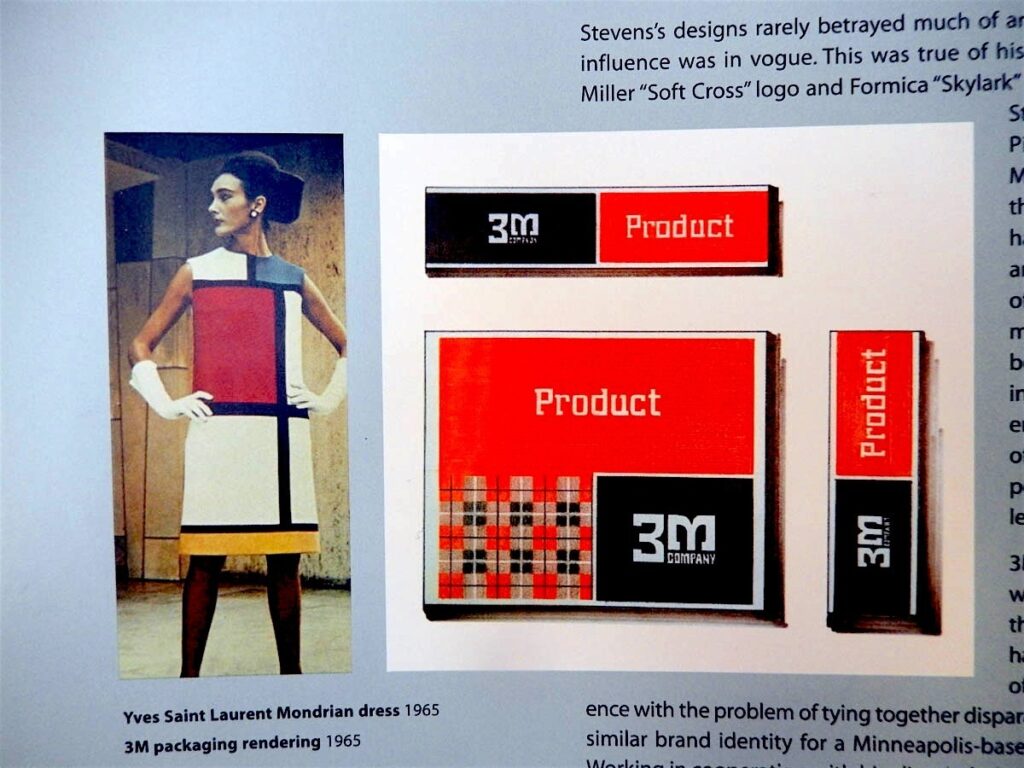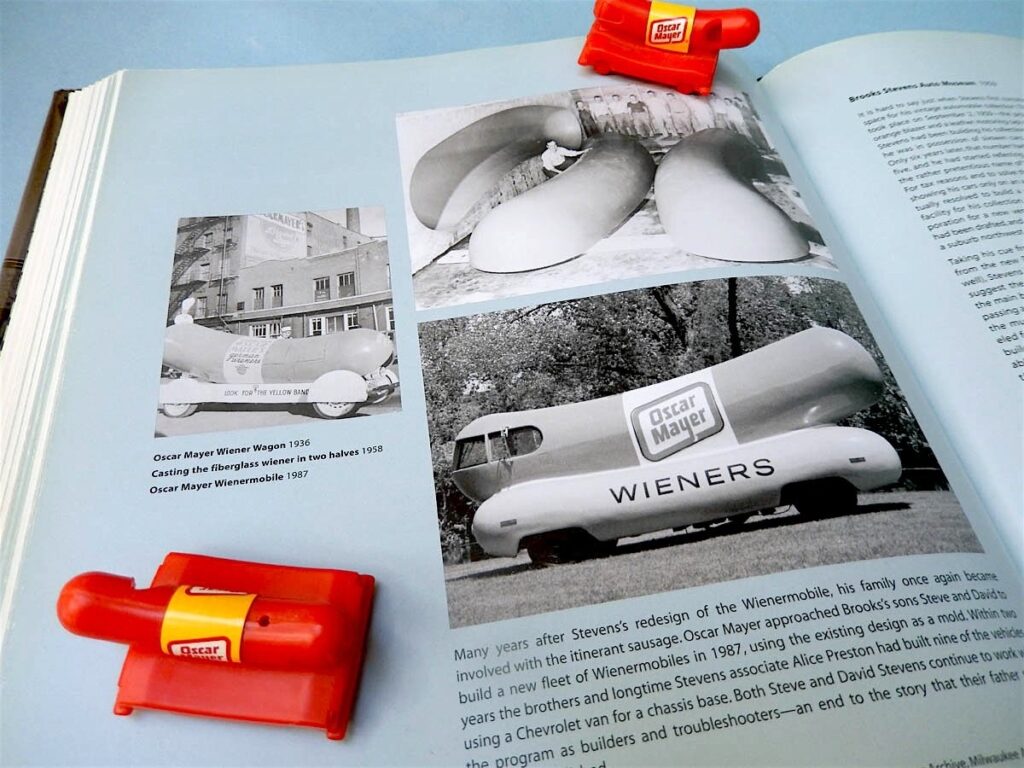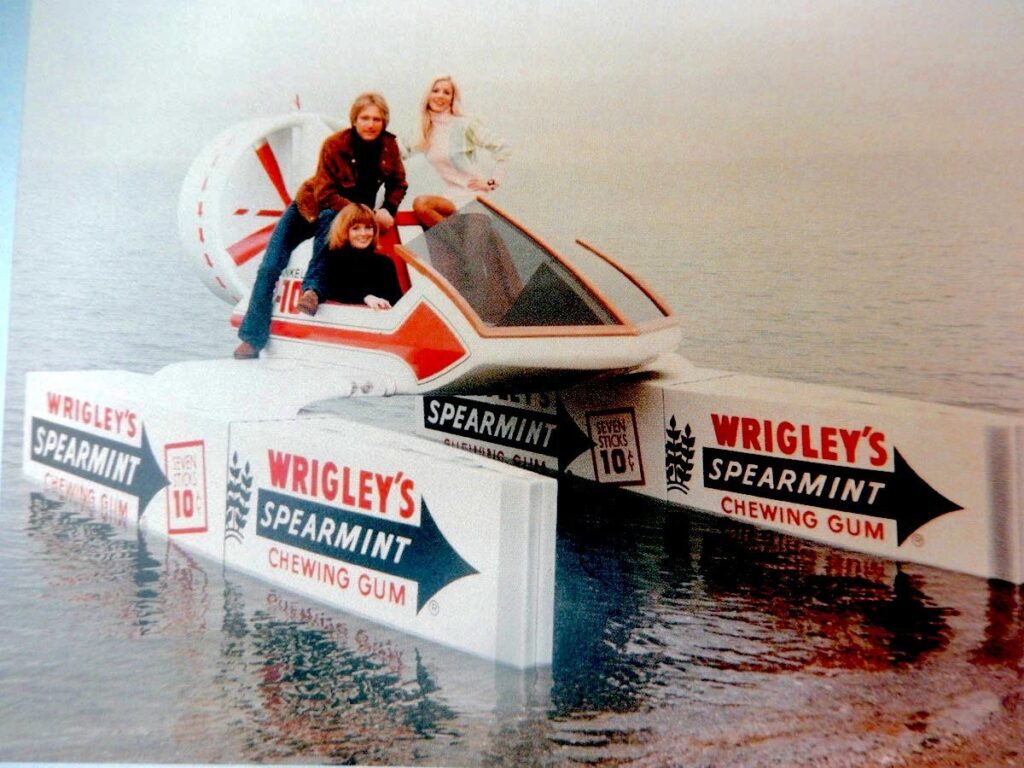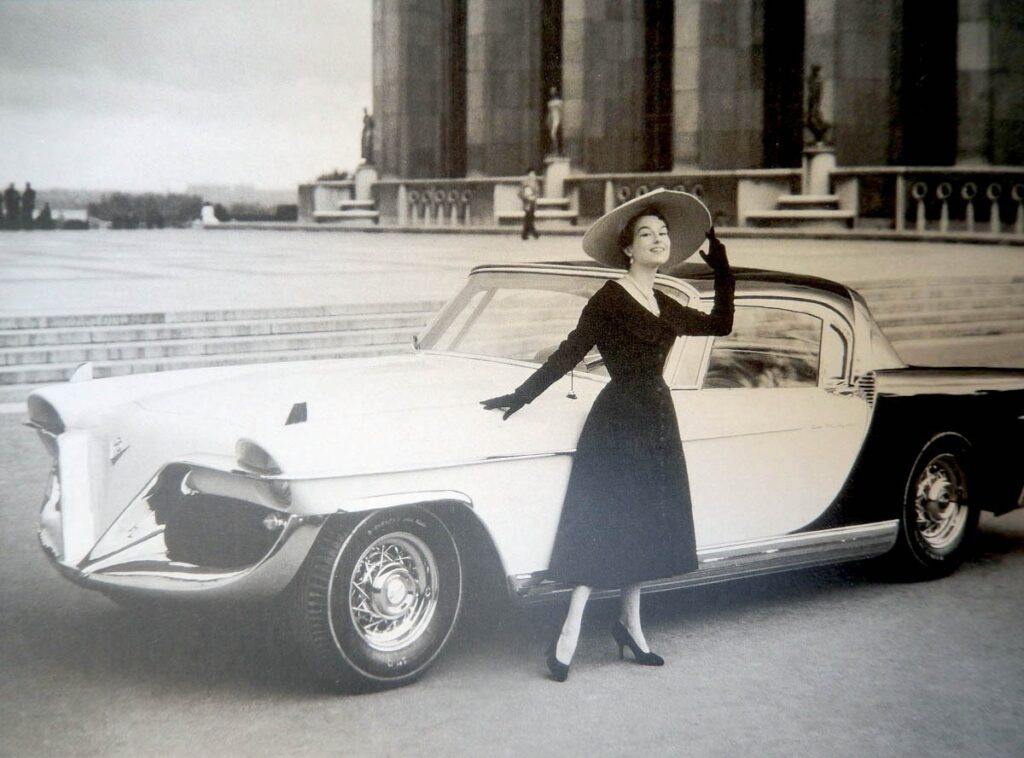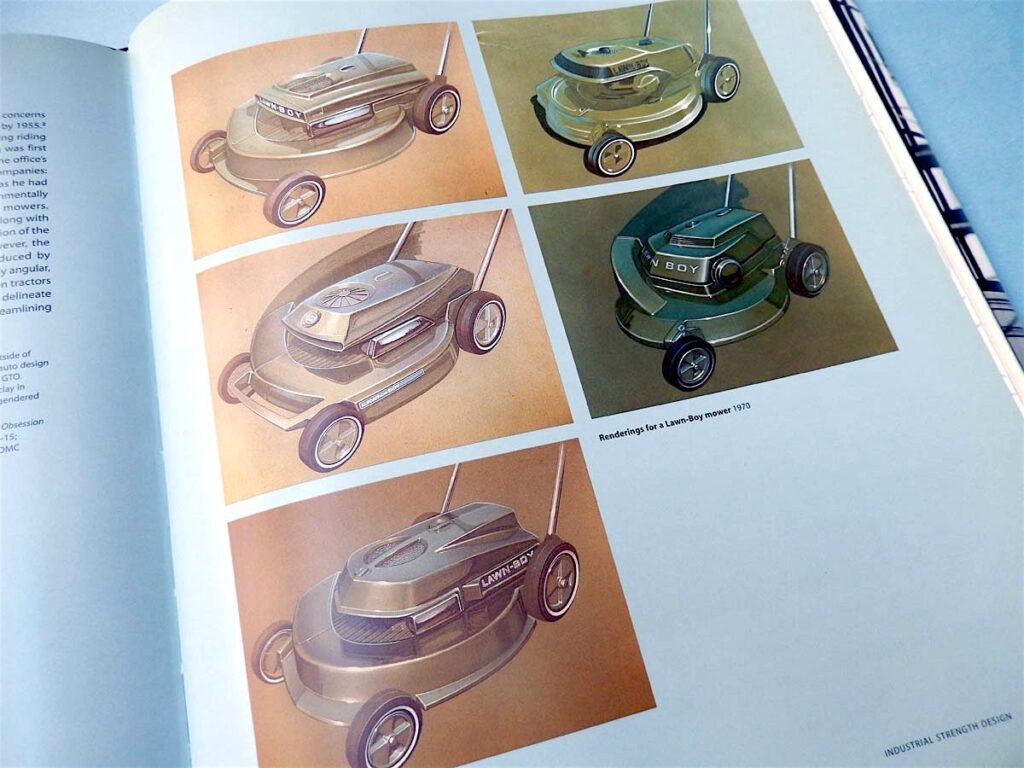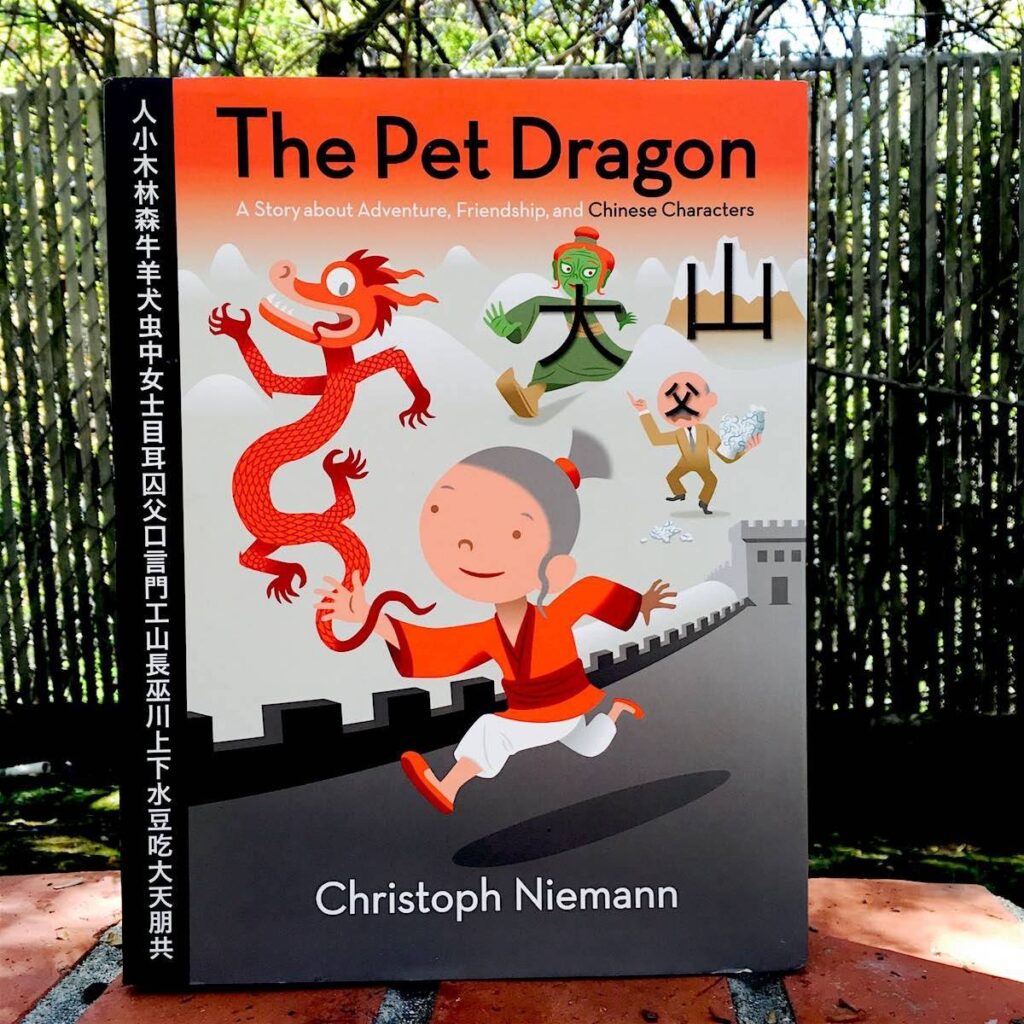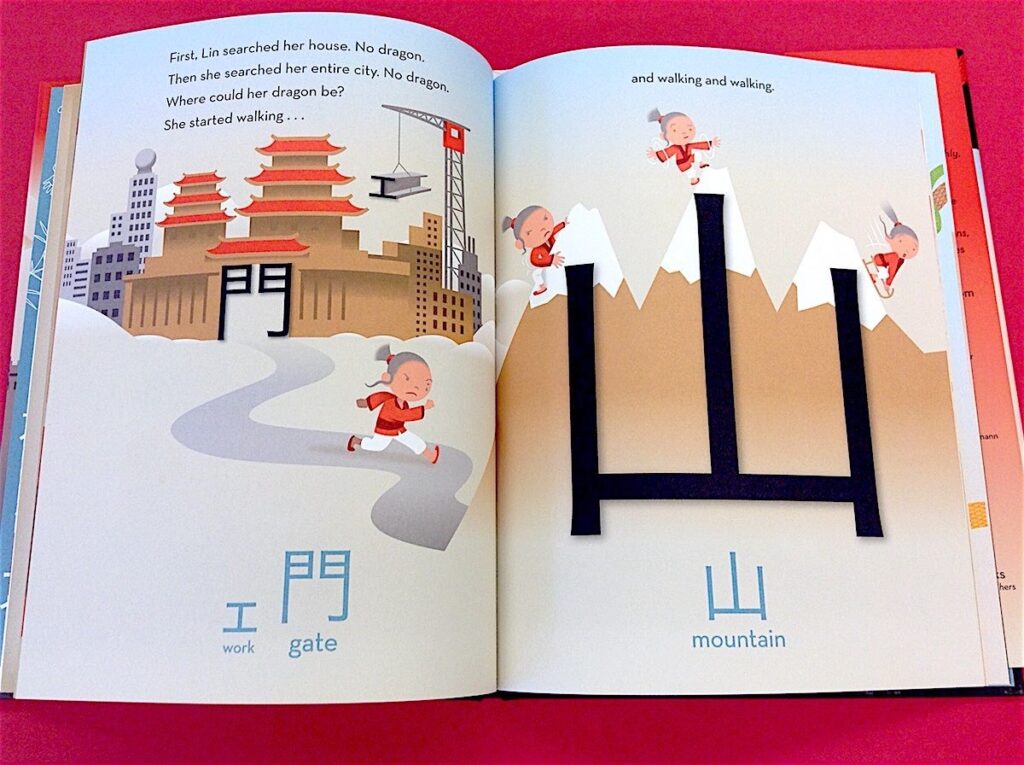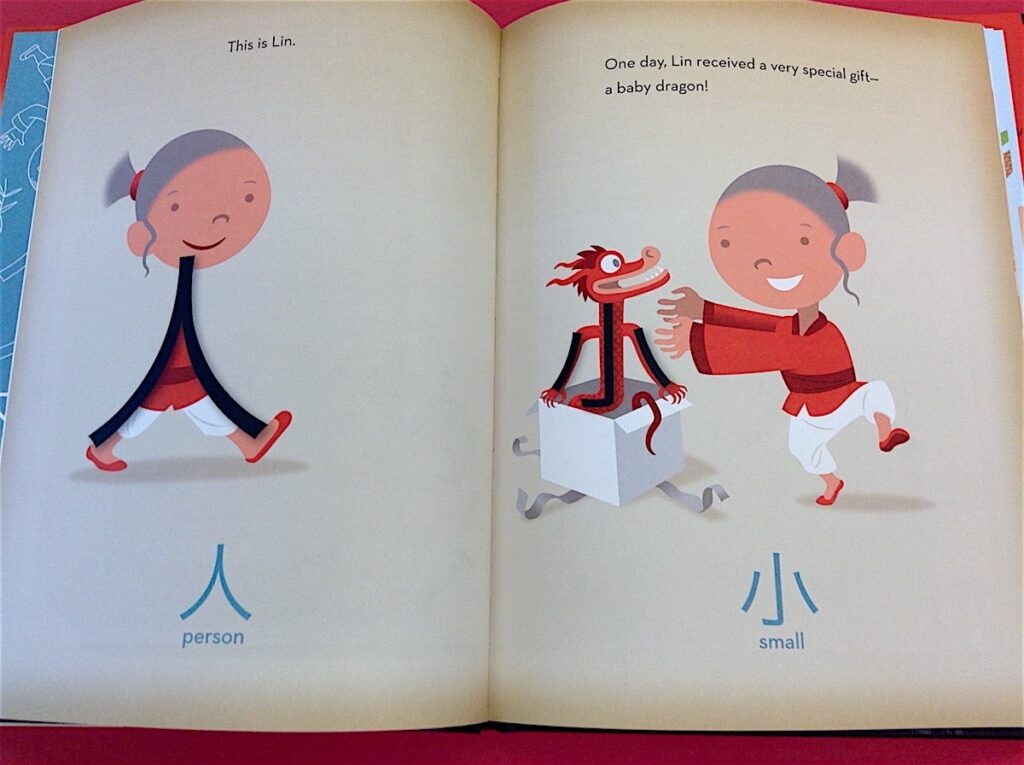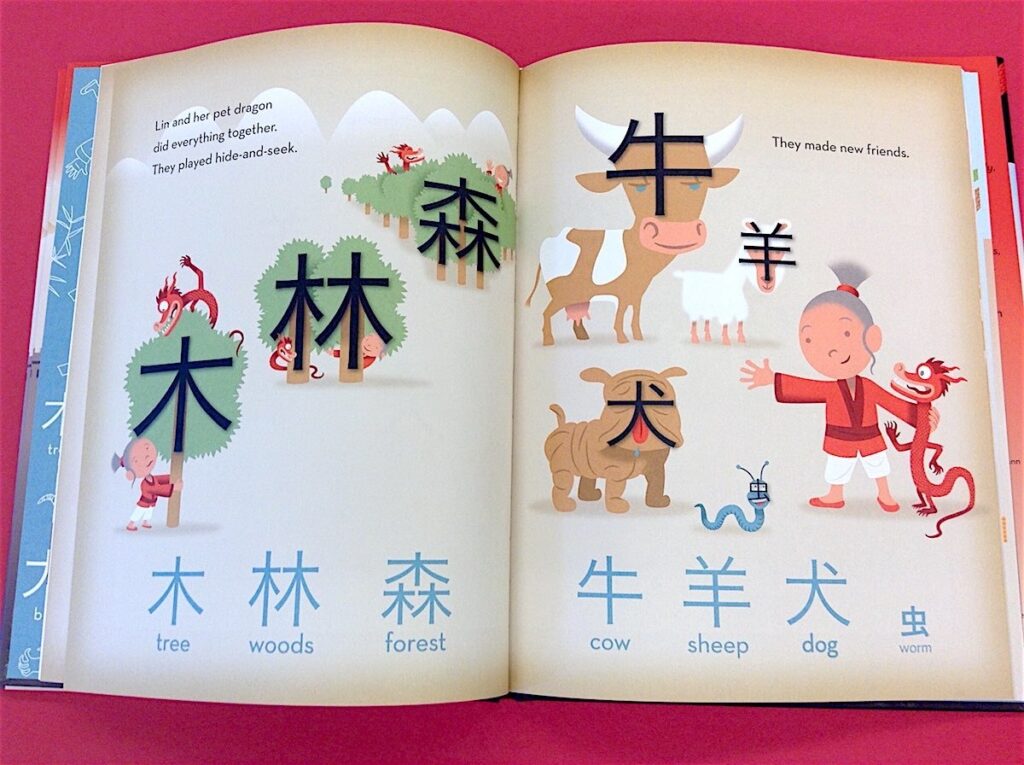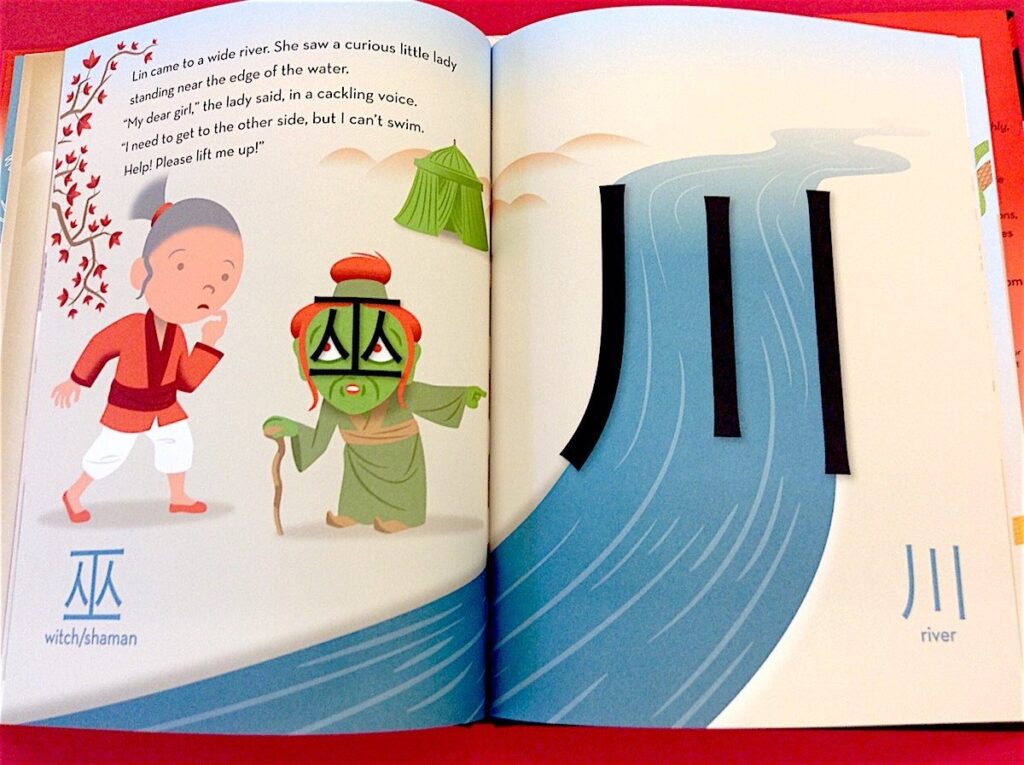Barbara Dace, Pharmacist

Cool Tools Show 104: Barbara Dace
We have hired professional editors to help create our weekly podcasts and video reviews. So far, Cool Tools listeners have pledged $328 a month. Please consider supporting us on Patreon. We have great rewards for people who contribute! – MF
Our guest this week is Dr. Barbara Dace. Barbara has been a compounding pharmacist for 32 years, creating custom medications, educating pharmacy students as well as the public, and improving health and quality of life for hundreds of patients. She loves to sing and play the autoharp, and has become an award-winning songwriter.
Subscribe to the Cool Tools Show on iTunes | RSS | Transcript | Download MP3 | See all the Cool Tools Show posts on a single page
Show notes:
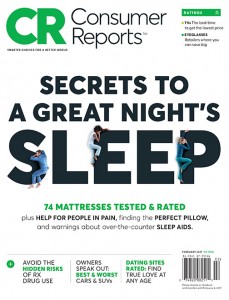
Consumer Reports (online and/or magazine)
“An independent, nonprofit organization that tests, rates and compares all kinds of products, from cars to chocolates; they also advocate for improved consumer protections ‘to create a fairer, safer, and healthier world.’ They’ve been doing this for 80 years, have never accepted advertising, and have been instrumental in fighting for improved national policies in hundreds of areas, including seatbelts (which saved my life, for one), limits on predatory lending, fighting for net neutrality, prescription drug safety, etc., etc. Your subscription isn’t merely giving you access to a vast and reliable source of consumer information—it’s making the world a better place, as well.”
Compounding pharmacies
“Compounding pharmacies are a tool you may never need, but when a patient has unique requirements that aren’t met by mass-manufactured medicines, compounding can quite literally be a lifesaver. Compounding pharmacists make custom medications “from scratch” to meet specific needs, such as: hypoallergenic meds for those with severe allergies; flavored liquids for children, the elderly, or pets; pain creams, which can include multiple ingredients and target specific painful areas with a minimum of systemic side effects; transdermal creams for people (or animals) that can’t—or won’t—take meds orally; customized bio-identical hormone therapy; medicated wound gels that can include antibiotics, anesthetics, and ingredients to promote healing; and medications that, while apparently safe and effective, are not mass-manufactured for economic reasons (i.e: the manufacturers won’t make enough money from them). When I give talks to doctors about compounding, I give them this rule of thumb: when you run out of treatment ideas, call your compounding pharmacist. Chances are, they’ll be able to help!”
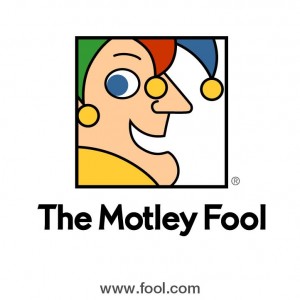
The Motley Fool website
“Most financial/investment websites are stultifyingly dull; Motley Fool manages to bring humor and enthusiasm to the subject without a corresponding increase in BS. I’ve found them a good source of information, and entertaining enough that I don’t lose consciousness before I manage to absorb the nuggets of wisdom; there are plenty of free forums available to help with your questions. From debt reduction, to saving, to tax reduction and investing, they give solid advice, leavened with a bit of humor. … To help with allocation, I’m also using Future Advisor; you feed in all your investments and it gives you allocation suggestions which you can either execute yourself (free) or sign up to have them do it automatically (for a percentage). Unlike many other of these services, you can tag investments you want NOT to be reallocated (I’ll keep my Amazon stock, thank you very much!), so they won’t advise you to sell those. It’s a bit tedious to set up, but a breeze to use once you’ve got all the information in….and it’ll help keep you from making potentially expensive mistakes over the years.”
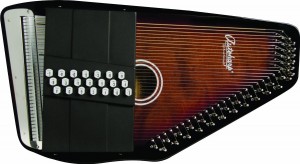
Autoharps
“The autoharp is the only instrument I’ve ever been able to pick up and play almost immediately, from the very beginning…and still be able to sing at the same time! Despite the many benefits of playing an instrument—mental, social, and emotional as well as musical—many who didn’t learn while young feel that it’s now “too late” in their adulthood. One problem is the learning curve: it takes most people many months to sound halfway decent on a guitar, for instance—let alone sing at the same time. An autoharp makes this much simpler by damping every string that’s not in the selected chord at the push of a button…so when you strum, you WILL get a D chord, or whatever other chord you selected. All you have to do is push buttons and strum; no odd hand contortions or painful fingers. There is, of course, a catch or two. First, you’re tuning 36 strings instead of 6 or 12; but if you tune your autoharp every day or so for a while, you’ll find it ‘settles in’ and stays in tune much longer than it would if you only tuned sporadically.”






